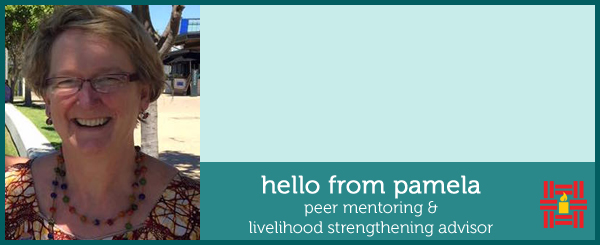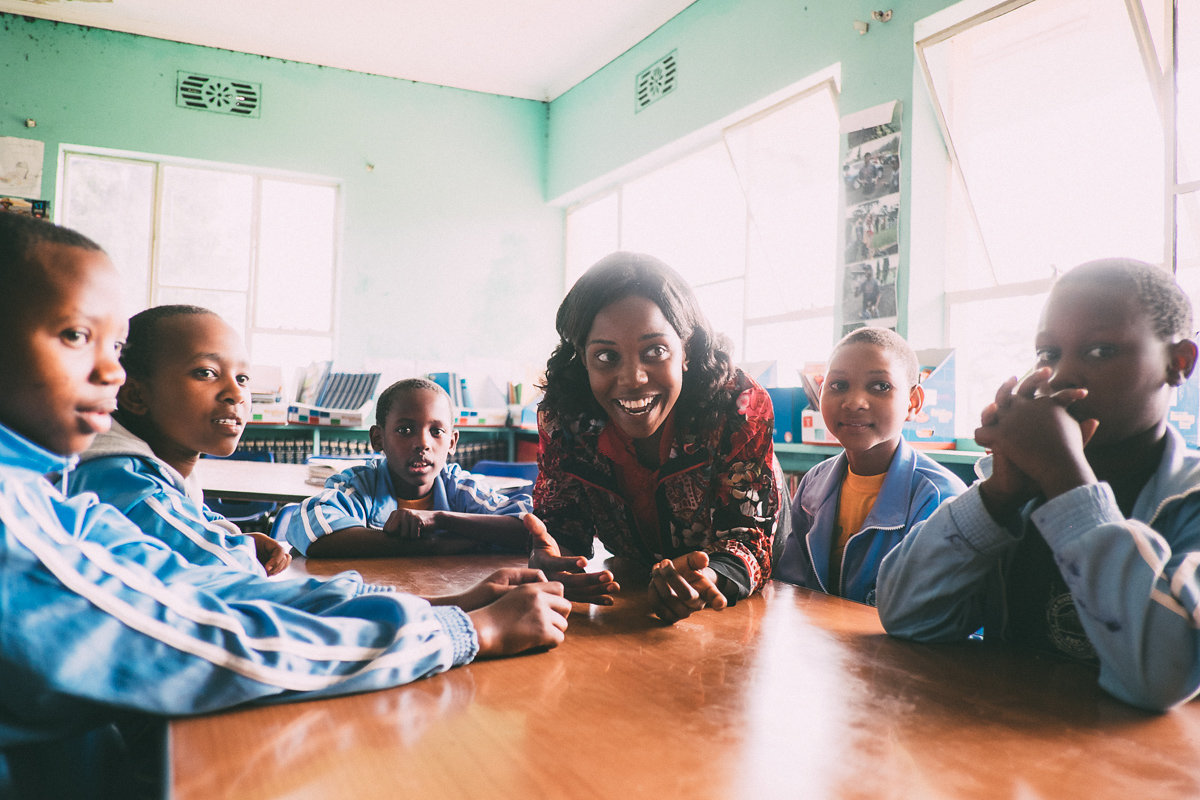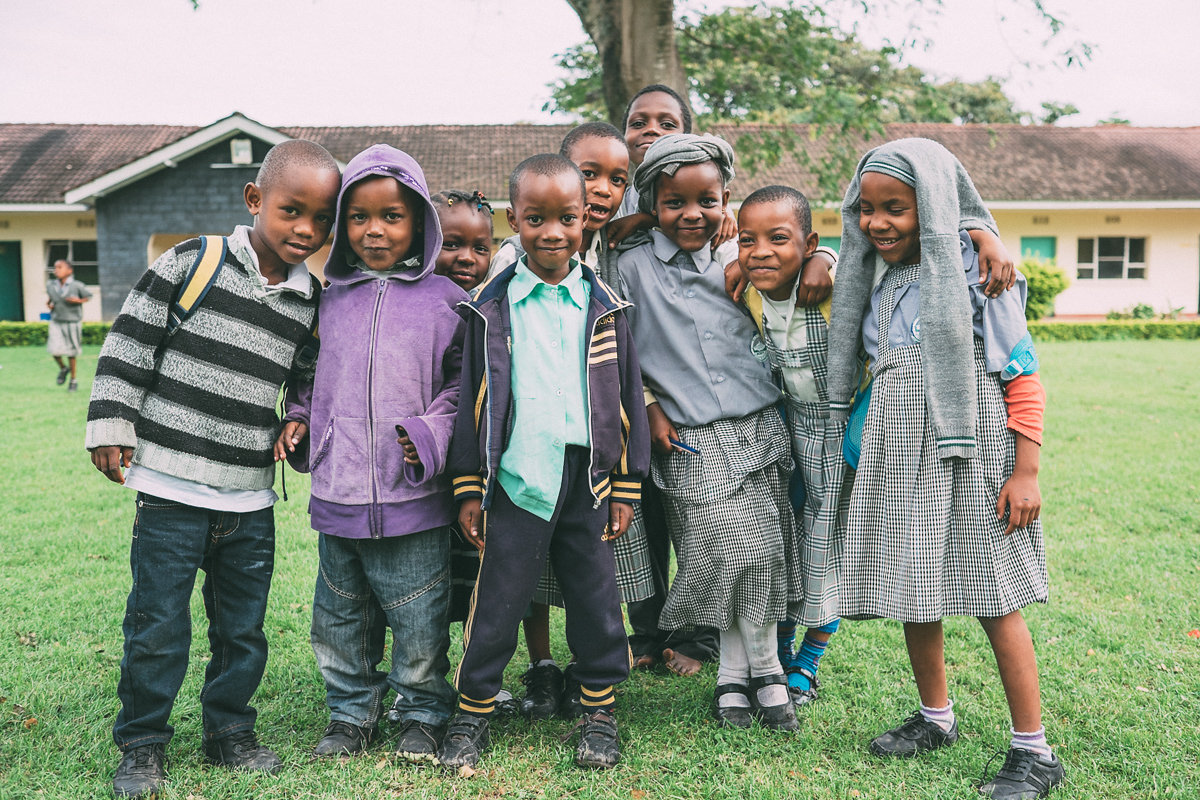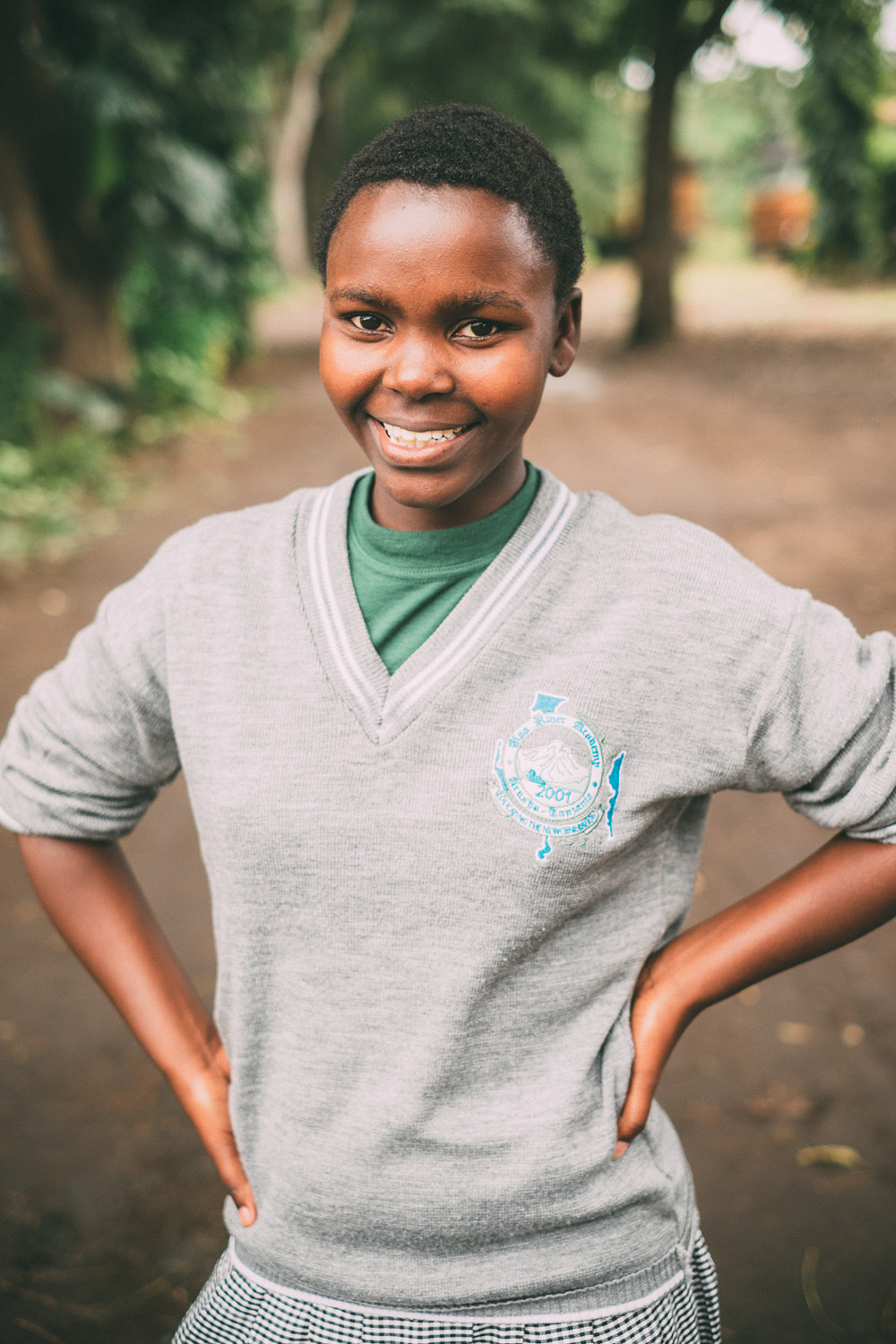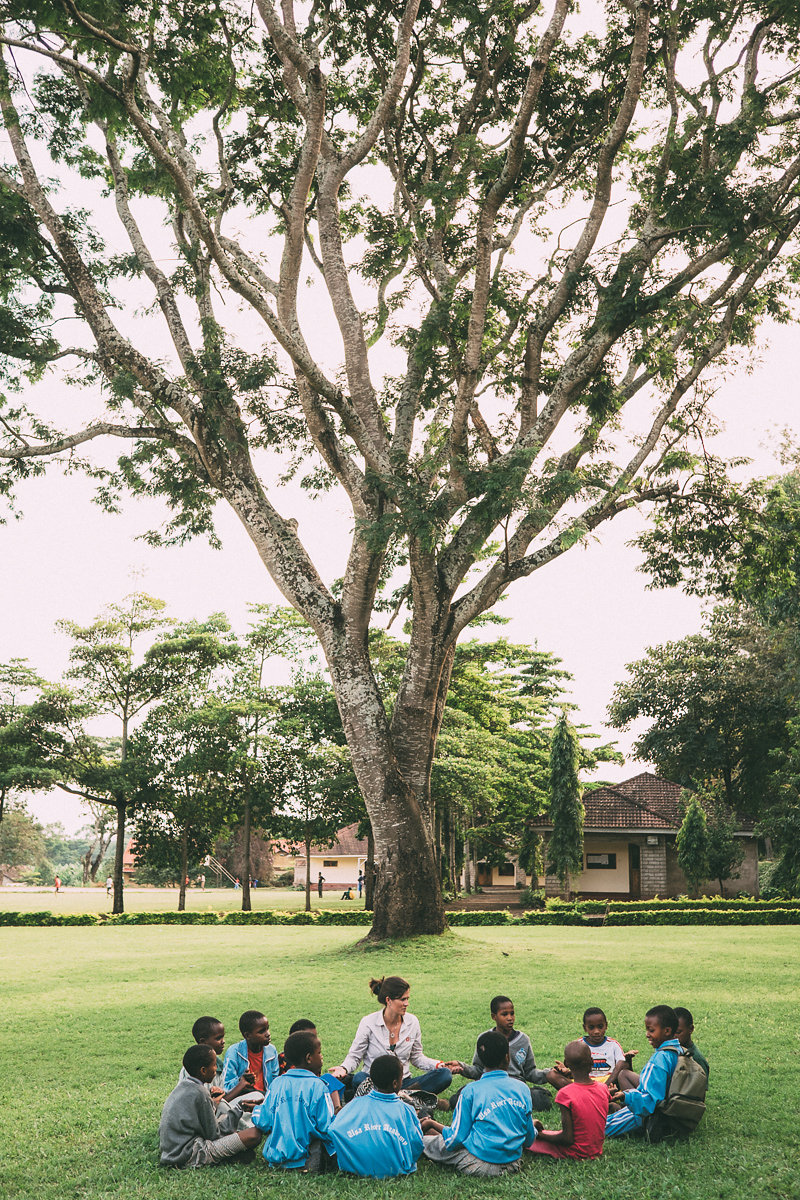June 28, 2016
Basic acceptance and unconditional support of a person is essential to healthy development. Carl Rogers proposed this about 60 years ago, and many of us of the Humanistic persuasion still believe it to be true. How can we put this into practice to help our scholars to be the best possible people that they can be? How can we build the psychological well being of a child so that they can thrive in a school environment? These are two very important questions that those of us in TFFT who are entrusted with scholar’s overall welfare, must take into account with all our interactions.
Psychological needs for all of us can be drilled down to the following: feeling safe, feeling that you belong, having a sense that you have control over your life, and feeling that you are competent and are able to achieve things. When these basic needs are fulfilled, students are more likely to become engaged and committed to their work at school. They are more likely to act in accordance with school rules, develop better social skills and emotional intelligence, contribute to the school environment, have better motivation, less alienation, and increase their school performance. What an amazing list of wonderful things we would all want for our children! Is psychological wellbeing the key to all those things? Social scientists tell us from their research, so it is important for us to discuss further these four basic psychological needs and incorporate them in our own work, and into our curriculum development for our partner schools.
Armed with this knowledge, there are some simple things that we can encourage when we interact with our scholars.
To make children feel safe, we must allow them the space to be themselves, and to be accepted no matter what. A child needs to know they can make mistakes, and practice different responses without being harshly judged. This does not mean there are no boundaries or discipline, but that they can expand in safety without being overly cautious.
To help them feel that they belong, young people need to feel they are accepted, know who they are, feel that they are valued and respected and part of a group. When one feels connected to others, and feel a part of a community, one is protected from many of life’s harsh experiences. This can be especially true in African societies. Some of our scholars may not know their family members, or they may be estranged from their family’s communities. As TFFT we need to encourage family interaction, and encourage pride of culture and traditions. We should know a child’s background, encourage friendships, and help connect children with their guardians. If a child is discriminated against or bullied or alienated, we need to appreciate how this can negatively impact a child’s psychological well being, and intercede promptly. Our scholars are vulnerable to being left out, or left behind. We need to make sure they are connected.
To encourage our scholars to raise their confidence and self-efficacy, we all need to praise good work, encourage sustained effort, and talk about peer role models who have achieved their goals. In our interaction with scholars, we need to verbally reward achievements, and even encourage scholars to visualize a successful future. Children are more likely to put in more effort if they see that they can do things successfully. As concerned adults we can seek out what a child can do well, and encourage them to do better, harder, and expand their horizons.
Our last basic psychological need is to feel that you have autonomy and control over one’s life. For a young person in school, this means being self-motivated, having self-direction, taking responsibility for your actions, and having a say over your choices. When a child has autonomy, they are more likely to stay with an activity, improve their problem solving ability, have greater creative ideas and better conceptual understanding. Ways we can support a child to have autonomy is give them choices in things that effect them, encourage children to experiment, creatively think and challenge themselves. Feedback that is non-judgmental and specific information about how to improve would also be helpful. As children grow older, they need to be encouraged to think for themselves, voice their opinions, and be independent.
Through Family Cells, TFFT staff has greater opportunity to make a difference to a child’s psychological strength. This can profoundly impact a child’s life outcomes for the better. Those of us with Teacher Training responsibilities need to encourage teachers to protect and build a child’s psychological well being in the classroom, and outside the classroom. With these efforts our scholars can live richer and happier lives.
